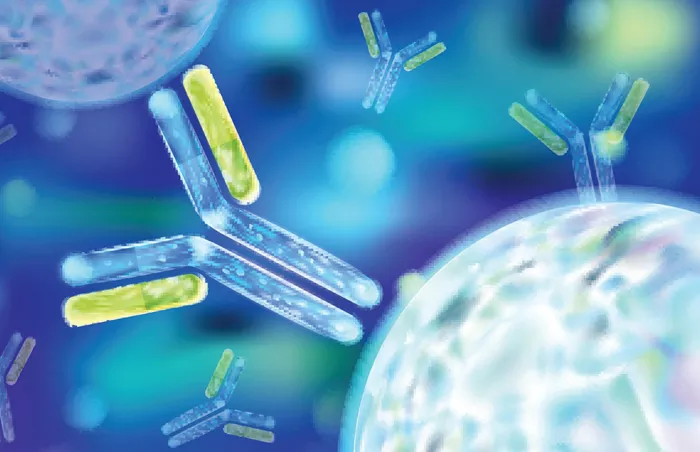Fat buildup inside cells can cause serious health issues. Researchers at the National University of Singapore (NUS) have discovered that a protein called Spinster homolog 1 (Spns1) helps prevent this by transporting fat molecules out of the cell’s recycling center, the lysosome. This discovery could lead to new treatments for diseases caused by fat accumulation.
Led by Associate Professor Nguyen Nam Long, the team found that Spns1 acts like a gatekeeper, moving a specific type of fat called lysophospholipids into the lysosome, where they are broken down and reused for cell functions. This protein is crucial for keeping cells healthy and preventing harmful fat buildup.
Cells manage fat through three main processes: endocytosis, phagocytosis, and autophagy. These processes help cells absorb, break down, and recycle fats. Once broken down, fats support important functions like repairing membranes, producing energy, and aiding cell communication.
The research team also showed that when Spns1 doesn’t work properly, it leads to a buildup of fat waste inside cells, causing rare genetic diseases called lysosomal storage diseases (LSDs). These include Gaucher, Tay-Sachs, and Pompe diseases, which result from problems with the lysosome’s recycling process.
In collaboration with the University of Texas Southwestern Medical Center, the researchers used advanced imaging to better understand how Spns1 interacts with fats. Their findings reveal how Spns1 senses changes in the cell to perform its role.
“This research could lead to treatments for diseases caused by Spns1 dysfunction,” said Associate Professor Long. “By understanding how cells recycle fat, we can develop new therapies.”
The team is also exploring small molecules to regulate Spns1 activity, offering hope for future treatments for LSDs.
Read more:
- FDA Takes Action To Reduce Norovirus And Hepatitis A Risk In Imported Berries
- Study Shows Mechanical Heart Valves Lead To Better Long-Term Survival For Patients Aged 50-70
- Amid Trump’S Ban, NYC Doctor Stands Firm In Providing Transition Care For Trans Youth


